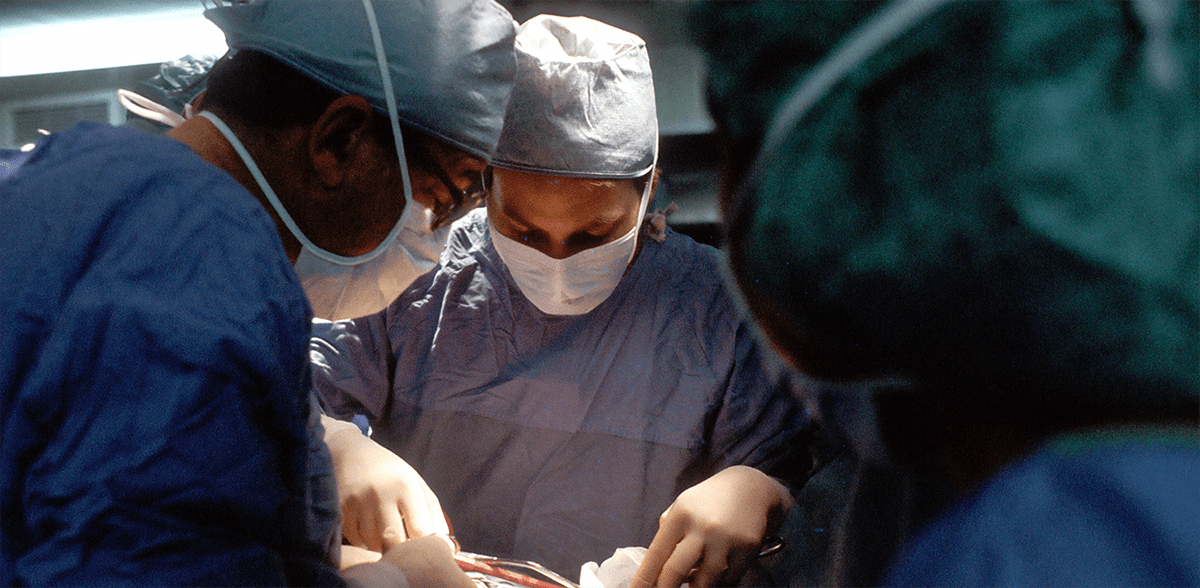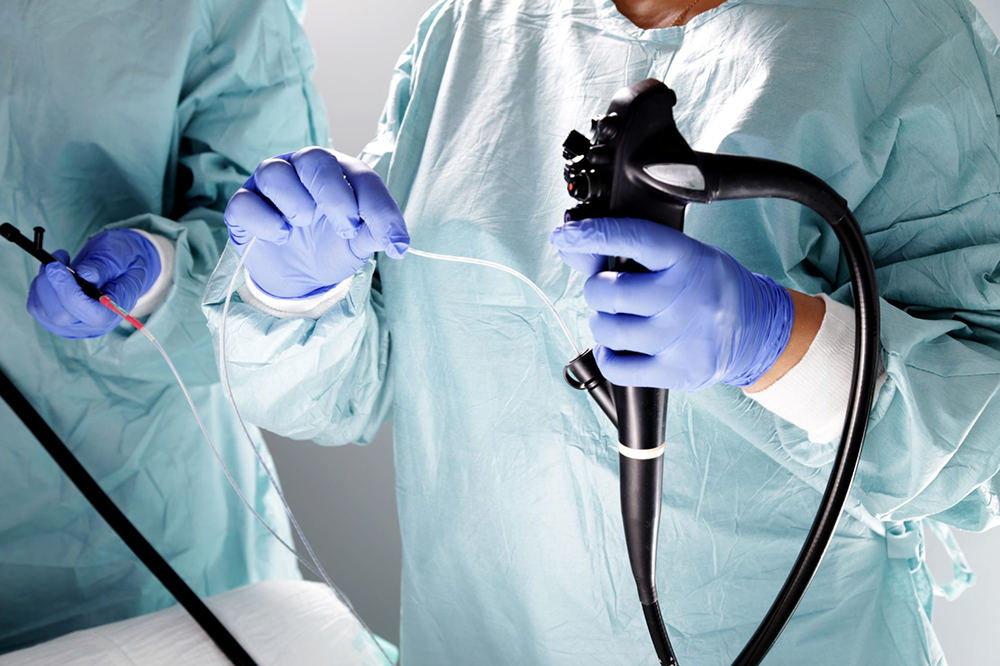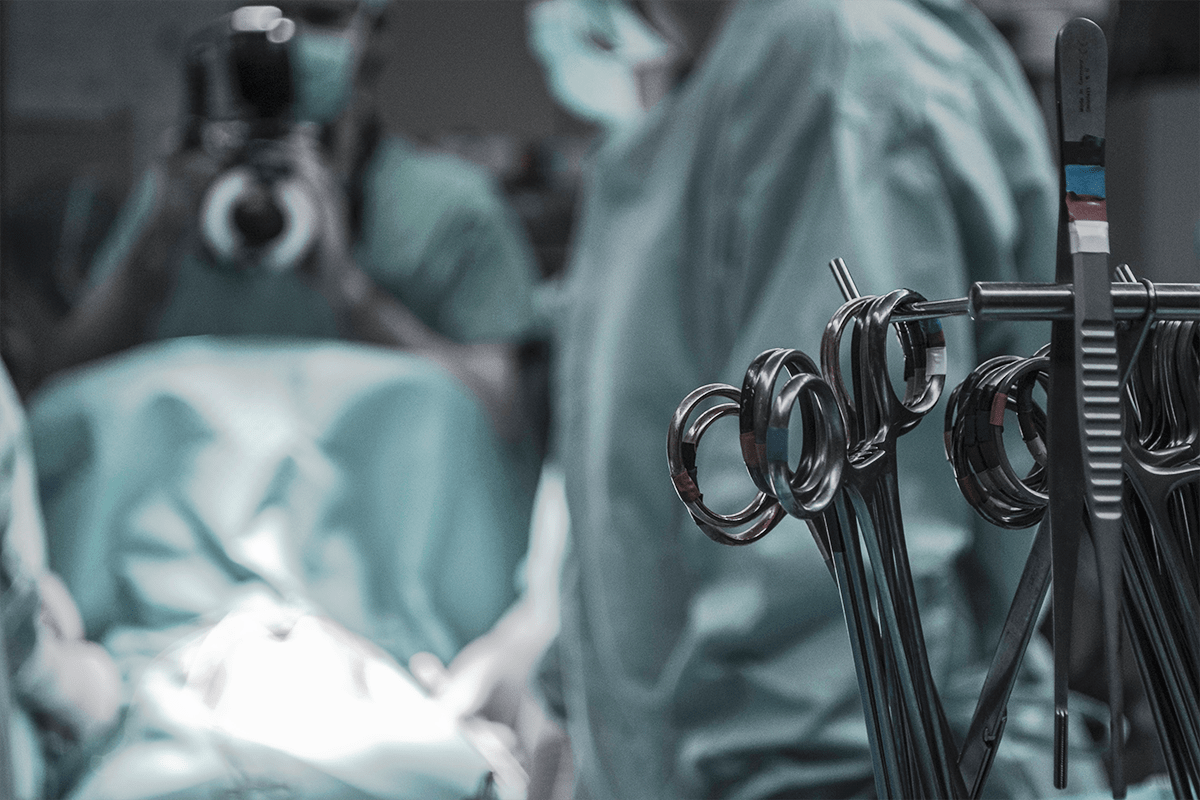
In the field of weight loss surgery, there are three standard bariatric procedures that help patients lose weight and keep the weight off. The oldest procedure is the gastric bypass, although the gastric sleeve has gained popularity in recent years due to its perceived simplicity. Yet aside from the bypass and the sleeve, a third bariatric procedure is emerging as an effective tool for bariatric patients with a higher body mass index (BMI) known as the duodenal switch.
The gastric bypass and the duodenal switch are excellent weight loss options for patients with a body mass index within the mid-to-upper-40's and higher. The gastric bypass is recommended for patients who have a BMI between 40 and 50, while the duodenal switch is reserved for patients who fall within the higher BMI range of 50+.
The gastric bypass and the duodenal switch are both great procedures that will help patients lose a significant amount of weight, yet some differences between the two will impact your decision when choosing a bariatric procedure.
Duodenal Switch Surgery
The duodenal switch, otherwise known as the biliopancreatic diversion with duodenal switch, BPD-DS, is the least commonly performed bariatric surgical procedure. In our practice, we tend to reserve the duodenal switch for our heavier patients who need to maximize their weight loss.
The duodenal switch (DS) is a combination of the sleeve gastrectomy and the gastric bypass. During the operation, the surgeon will perform a sleeve gastrectomy by creating a smaller, banana-shaped stomach. The stomach is then connected directly to the lower one-third of the small intestine. This procedure effectively results in a change of the stomach's size and shape and a bypass of food through two-thirds of the intestines.
Therefore, the duodenal switch is highly effective in helping patients lose weight because they have a smaller pouch, and the bypass of the intestines results in a metabolic and hormonal effect.
Gastric Bypass Surgery
The Gastric Bypass is the oldest of all bariatric surgery procedures. Yet, despite how long this procedure has been around, it is still just as popular due to its high effectiveness.
The gastric bypass is a procedure in which we alter the intestines' anatomy and therefore change the path of the food. The procedure works by creating a small stomach about the size of an egg, which will then directly connect to a piece of the small intestine, bypassing the main stomach (hence the name gastric bypass). During the gastric bypass procedure, the surgeon will also shorten the small intestines by about 30%.
As a result, patients will feel full faster, even when only eating about half the amount of food they used to consume. And since weight gain results from the overconsumption of calories relative to the amount burned, the gastric bypass encourages weight loss by restricting the amount of calories consumed.
The Gastric Bypass vs. The Duodenal Switch
Weight Loss Expectations
When looking at the bypass versus the duodenal switch's expected weight loss, the duodenal switch is more effective in helping patients lose a higher percentage of their weight. That is the main reason bariatric surgeons reserve the duodenal switch for patients who have a higher body mass index and need to maximize their weight loss.
Statistically, the duodenal switch has the best overall weight loss results compared to the gastric bypass and the gastric sleeve. On average, patients who have the duodenal switch can expect to lose 80 to 100% of their excess weight. Meanwhile, patients who have the gastric bypass can expect to lose an average of 70 to 75% excess weight loss. Although the bypass's expected weight loss is not as high as the duodenal switch, it is higher than the gastric sleeve, which has an average excess weight loss of 60 to 65%.
It is important to understand that when we as surgeons refer to "excess weight," we are not talking about total weight. Excess weight loss is a percentage of your excess body weight. For example, if you are 200 pounds and your goal is to be 100 pounds, then you have 100 pounds of excess weight.

Nutrition and Malabsorption
Due to the alteration of the intestinal anatomy in both the gastric bypass and the duodenal switch, patients who have either of these procedures are at a higher risk of experiencing malnutrition. However, duodenal switch patients may experience more nutrient deficiencies compared to patients who have the gastric bypass.
Similarly, duodenal switch patients have a higher rate of experiencing dumping syndrome (which results from eating highly processed foods) because of the more severe alteration of the anatomy.
Therefore, it is extremely important for duodenal switch patients and gastric bypass patients to get an adequate nutritional intake and avoid highly processed and sugary food.
Overall Health Impact
The duodenal switch is a combination of the gastric sleeve and the gastric bypass. Therefore just as we do not recommend the gastric sleeve for patients who experience gastroesophageal reflux disease, we do not recommend the duodenal switch for these patients either. Instead, if you suffer from GERD (acid reflux), we recommend getting the gastric bypass to avoid long-term, severe symptoms that could be extremely difficult to control, aside from having a revision.
On the contrary, if you are more susceptible to the development of ulcers, we recommend the duodenal switch.
The stomach pouch formed after gastric bypass surgery is so small, it is referred to as the “blind” stomach. It is nearly impossible for ulcers to be detected without a doctor laparoscopically scoping the stomach under anesthesia.
Conclusion
Overall, both the gastric bypass and the duodenal switch are safe and effective procedures that help patients lose a significant amount of weight. Both procedures create hormonal and metabolic changes that allow the patient to lose weight and get rid of weight-related medical problems like diabetes, high blood pressure, high cholesterol, etc. The bypass and the duodenal switch are also much more effective at diabetes resolution than the gastric sleeve.
However, the duodenal switch is more effective in resolving weight-related medical problems long term, and most patients will see faster metabolic results.
When you come in for your initial visit with your bariatric surgeon, we will review your weight, medical history, and any health conditions that could impact your results. We will also want to understand your weight loss expectations to help you choose the best weight loss procedure to fit your lifestyle.










